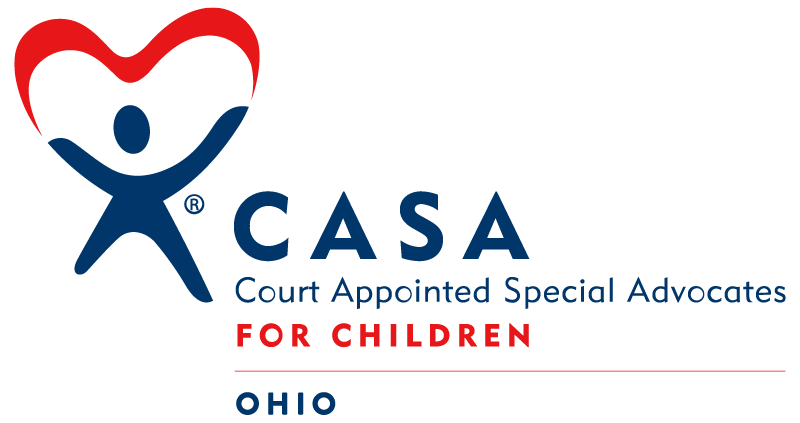
Working with Youth who have Experienced Trauma
Faculty
Kim Kehl, Project Manager for Trauma Informed Care at the Ohio Department of Children and Youth hold a Masters of Ed. from Wright State University, 1990 in Educational Leadership and a Bachelor of Science Kent State University, 1978, in Special Education and Elementary Education. He has been the Program Manager for Trauma Informed Care at the Ohio Department of Children and Youth since November 2021 through the present. He provides consultation and technical assistance to Ohio’s Qualified Residential Treatment Programs (children’s residential programs) on trauma-informed approaches and trauma treatment models. He develops and manages project plans which result in a comprehensive trauma-informed care approach for all QRTPS to meet the individual needs of youth served across Ohio’s’ child-serving residential agencies. He leads implementation of Trauma-Informed Care programming and policy across Ohio counties and provides comprehensive roadmaps for launch. He currently serves on the Board of Directors, for the Liberians in Columbus, Inc. (LICI) and the Ohio Citizen Advocates for Addiction Recovery (OCAAR)
Jason Bunting, Trauma Informed Care Administrator holds a Bachelor of Arts in Psychology with a minor in Business Administration and a Master of Social Work/Clinical from The Ohio State University. He holds a level 2 certification in Trauma-Responsive Care from the Tri-State Trauma Network. He has been the Trauma Informed Care Administrator with the Ohio Department of Developmental Disabilities in Columbus Ohio since 2021.
Staci Bell, Community Cultivation Manager at ProKids holds a Master of Education-Human Resource Development from Xavier University and a Bachelor of Arts in Psychology from the University of Cincinnati. She is a certified trainer through the Strengthening Families and Multi-Ethnic Communities and Violence Prevention Training and presented at the Housing Ohio Conference for Coalition on Homelessness and Housing in Ohio. She currently is the Community Cultivation Manager for ProKids where she manages the point of entry process for prospective CASA volunteers and works with other members of the Professional Development team to develop new CASA volunteers; in coordination with Communications & Gathering, participates in external presentations and/or outreach opportunities and follows up with those interested with the intent to engage them further with ProKids as a CASA volunteer; and participates in periodic updates to the point of entry process at the agency.
Kalanna Jihada, Youth with lived Experience. Kalanna holds a high school diploma through the Lighthouse School in Cincinnati, OH. In the last few years, she has held various positions throughout the community; including Amazon Warehouse, a Private In-Home Caregiver, and McDonalds.
Misty Cole, Ohio Department of Children and Youth, holds a Master of Social Work degree from Boise State University, a Bachelor of Science (major Psychology) from Capella University and an Associate of Applied Science in Early Childhood Education from the University of Cincinnati. She has been a Licensed Social Worker since 2019 and is a Trauma 101: Certified Trainer, a Triple P Positive Parenting Program Certified Trainer (Level 2, Selected Triple P, Level 3, Discussion Group Triple P, and Level 4, Group Triple P), a Devereux Early Childhood Assessment (DECA) Program, Birth to Age Five Trainer, a New Ohio Georgetown Model for Early Childhood Mental Health Consultation Trainer, a Trauma Informed Care Certified, Early Childhood Mental Health Credential and Infant Mental Health Practitioner III. She currently works at the Ohio Department of Mental Health and Addiction Services Bureau of Children, Youth and Families.
Continuing Education Accreditation
Approved: 1.25 hour Sup.R.48, CPE, and CLE
Description
Understanding trauma and how traumatic events can affect young people is essential when promoting recovery and resilience and ensuring that young people are not retraumatized through experiences with human services or justice systems. A trauma-informed approach acknowledges that understanding a youth or family’s life experience and how that may be impacting their current behaviors and functioning is key to potentially improving engagement and outcomes. This training will briefly describe trauma and its potential impacts on children and youth and will feature how a safe and effective relationship was developed between a youth and her GAL. The audience will benefit from learning the comprehensive and potentially long-lasting impact of trauma, so we don’t run the risk of retraumatizing young people or their families.

